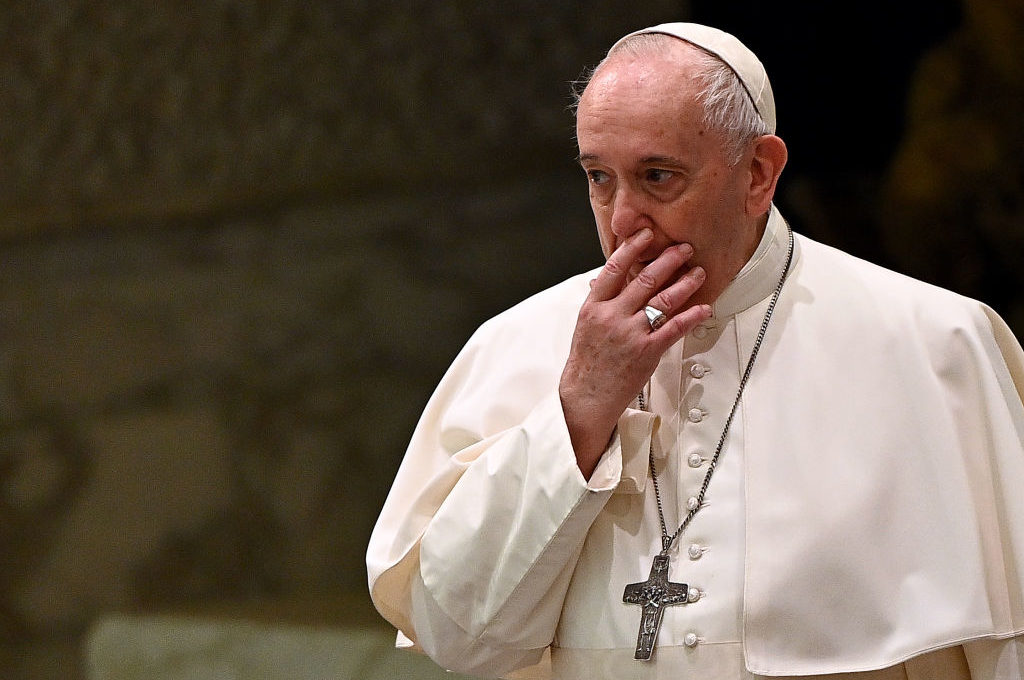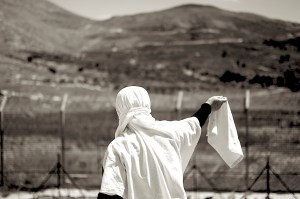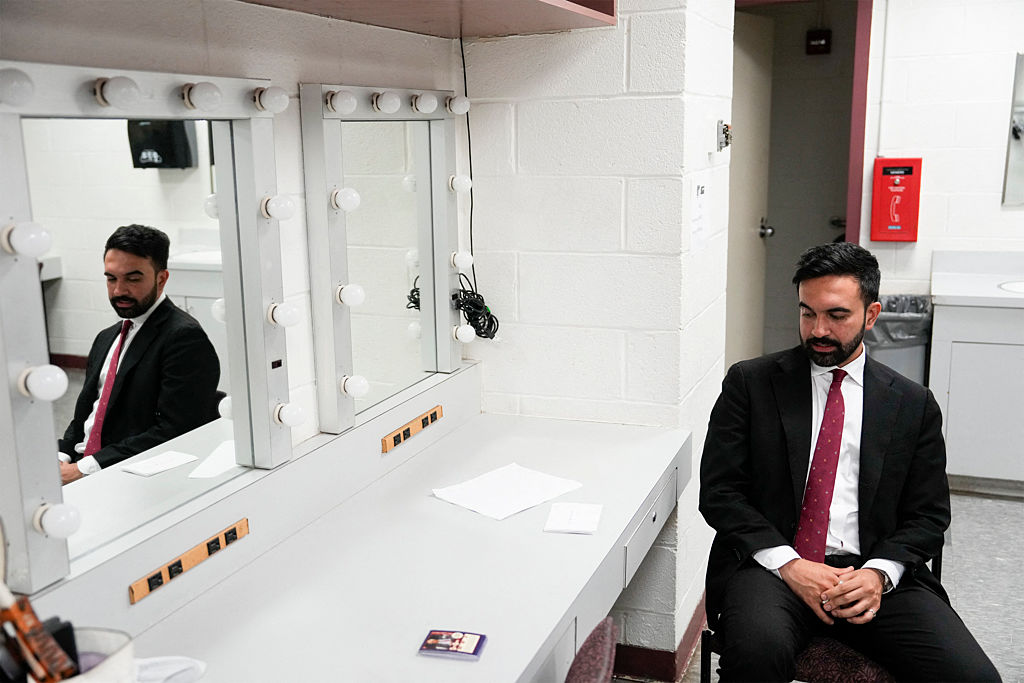Last week, it emerged that the Chinese government has issued new rules for religious ministers in the country. Amid the regulations was a new official process for the appointment of Catholic bishops in the country, one which makes no reference to the Vatican or the deal the Catholic Church and China signed in 2018.
The rules are the latest in a series of pointed humiliations inflicted on the Vatican since it handed over control of the country’s Catholics to the Communist party two years ago.
When the Vatican-China deal was first signed, it was meant to bring a measure of stability to the nation’s 12 million Catholics, most of whom were part of the underground Church loyal to Rome and who had, for generations, been hounded by the regime, with bishops and priests often arrested, sent to labour camps, or simply ‘disappeared.’
Rome agreed to acknowledge the Chinese Patriotic Catholic Association, the Communist government’s schismatic puppet church, and give Beijing effective veto power over future Church appointments with the stated goal of providing just one thing: Catholic bishops, in communion with Rome, for Catholic dioceses in China.
Many China watchers have interpreted the new official process for Beijing to name bishops without reference to Rome as a more-or-less pointed abrogation of the deal, renewed last October, for which the Vatican has sacrificed much of its international diplomatic credibility.
Others, including some senior Catholics in China, have said the omission is because Chinese internal law cannot acknowledge a foreign power having any rights at all and, while hardly good news for anyone, the new rules are unlikely to signal the formal junking of an agreement China just renewed.
Of course, whether the Vatican-China deal is technically alive or dead doesn’t actually matter all that much, at least to China.
At the time of its renewal after two years, The agreement had delivered exactly two bishops. Shortly after its renewal, the CPCA announced the consecration of a third bishop, Thomas Chen Tianhao, for the Diocese of Qingdao.
That consecration was announced by the state-sponsored Church on Nov. 23, with photographs of the event, but the appointment was not announced by the Vatican, and Chen’s name was not listed in the Holy See’s regular bollettino of appointments.
Although the Vatican press director issued a statement the following day recognizing Chen as the third bishop appointed under the terms of the Vatican-China agreement, the sense was that, deal or no deal, Rome simply didn’t know this was coming.
Meanwhile, some 50 mainland Chinese dioceses still have no bishop, and the Diocese of Hong Kong is currently led by an 81-year-old emeritus.
But if the situation is clearly unsustainable for the Church, it’s just fine for the Communist party. Beijing does not want the Church to grow in China or for its Catholics to have faithful bishops.
Domestic rules and diplomatic agreements to one side, total gridlock and dysfunction in the appointment process is a perfectly acceptable outcome for the Chinese government. It’s one of the many crippling disadvantages the Vatican has in dealing with the CCP, disadvantages that were, in 2018, screamingly obvious to pretty much anyone paying attention to the situation and who didn’t work in the Vatican’s Secretariat of State.
Even better from China’s perspective, the deal has bought them the public silence by the Church — and especially Pope Francis — on the mounting human rights outrages carried out by Xi Jinping’s government.
Since the original 2018 deal was signed, the world has now, finally, become aware of the unspeakable horrors being carried out in Xinjiang Province, where more than a million Uighurs are being held in concentration camps and subjected to systematic torture, political indoctrination, rape, forced sterilization and abortion, and more.
This is the government with which the Vatican has, as the Vatican secretary of state Cardinal Pietro Parolin put it, ‘accumulated more mutual trust and consensus through a series of positive interactions’.
To the growing horror and outrage of many Catholics, Xi’s China increasingly represents a public, mechanized, moral evil more obvious and intentional than any government with which the Vatican has made an agreement since the 1933 Reichskonkordat. It’s increasingly seen as a stain on the Church’s authority.
Meanwhile, China still refuses to answer questions about disappeared bishops like James Su Zhimin, who was first arrested in 1997 and has not been seen since 2003.
Others like Bishop Guo Xijin, who has been harassed, arrested, made homeless, and then — last year — forced to resign as a bishop for his refusal to sign a Communist iteration of the Act of Supremacy.
Of course, however little the deal has delivered, and however monstrous the association has become, it is slowly dawning on the Vatican’s diplomats that there may be no way out for them.
However bad the situation may be, if the Vatican were simply to walk away from the deal it could certainly get worse. They could expect, as an opening response, for Beijing to install its own bishop in Hong Kong, seizing control of the parishes and schools there, and stamping out one of the few still-independent (albeit under siege) footholds the Church has, to say nothing of what could be done to the millions of formerly underground but now publicly registered Catholics on the mainland.

























